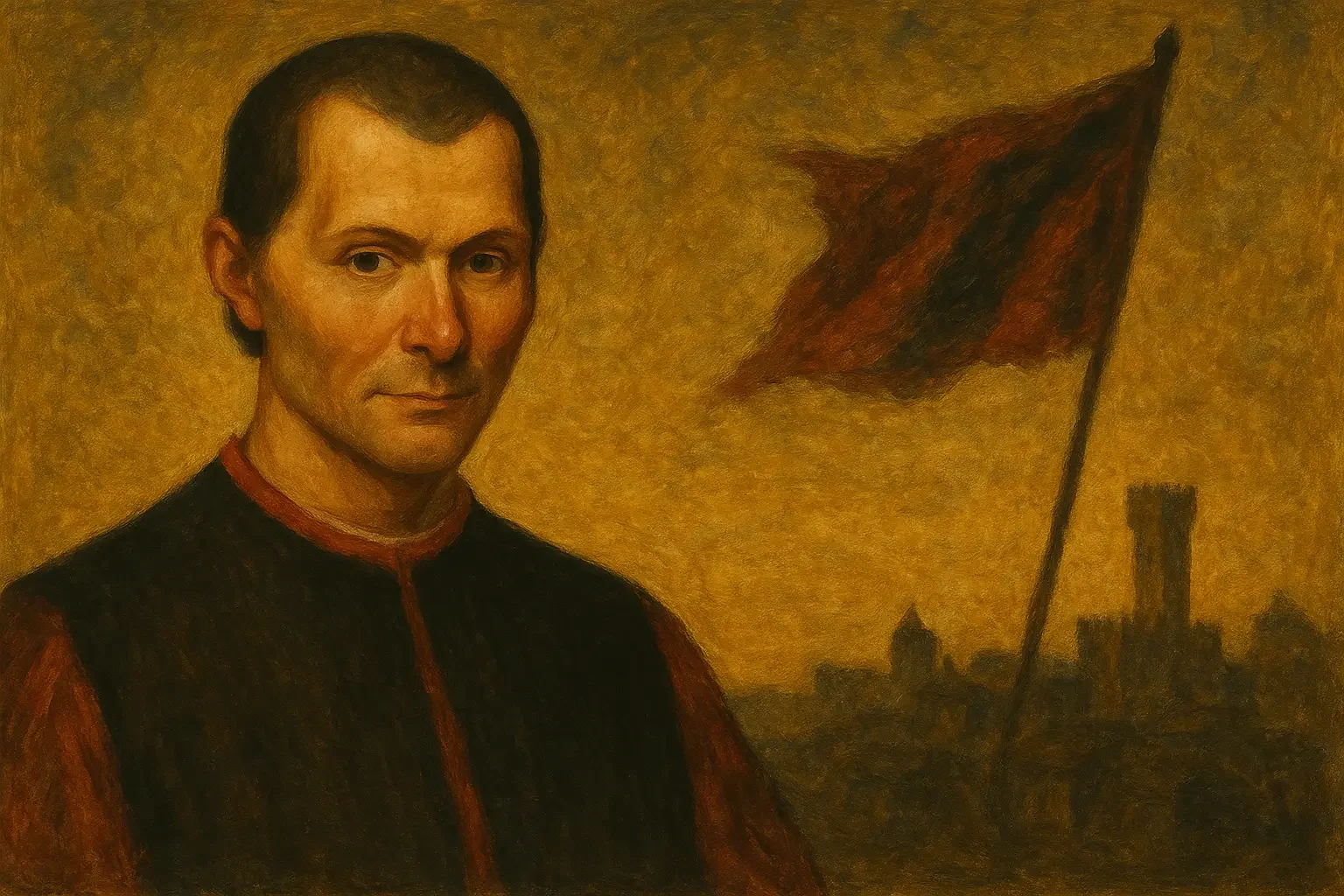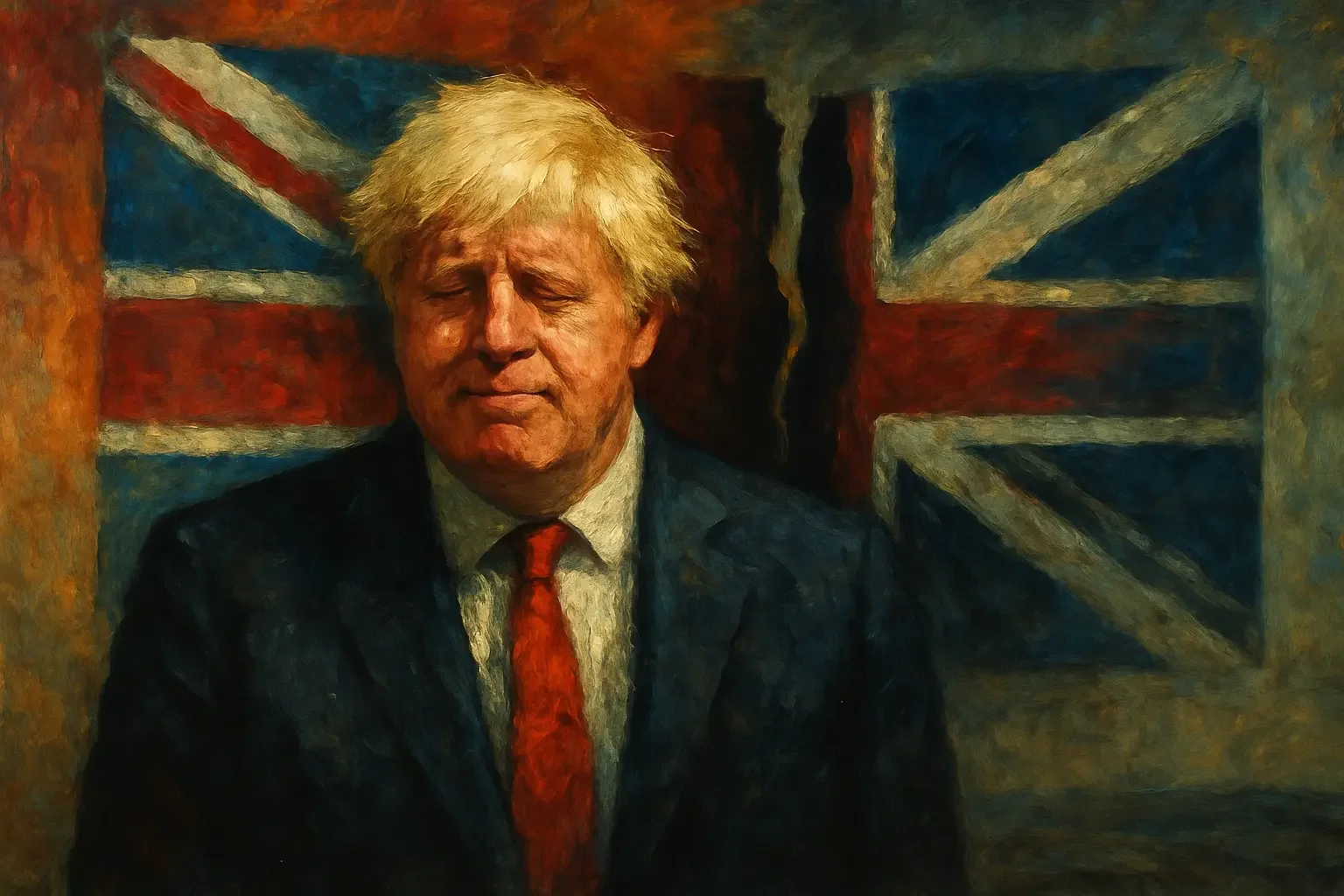Some Comments on Machiavelli
As much as one is able to binge political philosophy, I’ve spent the last few weeks immersed in the works of that infamous political theorist, Niccolò Machiavelli. This is the first time that I’ve actually studied the Florentine statesman in detail, and though I’m still working my way through Discourses on Livy, I wanted to write down some comments that I have based on The Prince and his political theory in general.
Impact on Political Philosophy
Though Machiavelli is lambasted for his immoral teachings (and in many places, rightfully), it’s important to understand the revolutionary he actually was in terms of political thought. Even though political realism as a school of thought began with Thucydides and his History of the Peloponnesian War, Machiavelli’s The Prince presents a much more thorough—and colder—understanding of human nature and how to rule it. As he says in Chapter XV:
“There is such a great distance between how we live and how we ought to live, anyone who sets aside what is done for what ought to be done learns more quickly what will ruin him rather than preserve him.”
In terms of political philosophy, this represents an incredible break from the earlier Classical emphasis on the pursuit of virtue and takes the vices, defects, and flaws of human nature as they are. Even more crucially, Machiavelli teaches that these can be used to the advantage of the prince in order to preserve his control of the principality, as “men are so naive, and so much dominated by immediate needs, that a skilful deceiver always finds plenty of people who will let themselves be deceived” (Chap. XVIII p. 60).
What Machiavelli really represents, therefore, is a revolution of the way that politics was understood during the Italian Renaissance, during which the Ciceronian view on republican virtues, of political action being intertwined with moral virtue, was experiencing a revival. In the edition of The Prince I’ve been reading, the introduction by Quentin Skinner dives into how Machiavelli overturns much of Cicero’s ideas. Cicero and Machiavelli both agree that, in maintaining power, there are two courses: one through reasoned debate and the other by force. However, Machiavelli effectively flips this around and argues that the former is almost always ineffective and the latter is more likely to succeed (p. xxi). This is the ultimate political realism tendency towards pessimism, that the use of force guarantees the results that other methods don’t.
Machiavelli's Ideas That Are of Use
Despite his controversy, I feel like there are a few of Machiavelli’s ideas that have some appeal to me, although often shrouded in contradictions throughout the Prince. All this said, I think some of these are actually useful for ordinary individuals, politicians, and team leaders alike.
There are a number of instances in the Prince where I feel Machiavelli portrayal of good leadership is particularly important. For instance, in Chapter XIII, where he warns against the use of auxiliary and mercenary troops to fight for you, introduces an important concept of showing active participation in battle.
If a prince relies on auxiliaries lent to him from a foreign power, they may be effective “but they are almost always harmful to those who use them; for if they lose you will be ruined, and if they win you will be at their mercy.” (p. 47). In a similar vein, Machiavelli warns against the use of hired mercenaries because “they are disunited, ambitious," undisciplined and treacherous; they are powerful when among those who are not hostile”.
For Machiavelli, the best and most effective use of troops must come from your own citizenry, “for there can be no soldiers more loyal, more reliable or better.” (p. 87). He also insists that princes engage personally with military matters both in terms of study and practically, since “a ruler who does not understand military matters cannot be highly regarded by his soldiers, and he cannot trust them” (p. 95). However, because its military implication, there’s a useful guide here for those in leadership positions: that you, as a manager of a team, for example, ought to get to know both your team and your subject matter intimately to have the best shot at achieving your goals and to inspire loyalty when the chips are down.
Another useful piece of advice from Machiavelli I found was in the case of remaining neutral in the face of two warring parties. Though he took a completely amoral approach to it, that is, the attacker and the attack are looked on without judgement either of their moral characters, he argues against remaining neutral in a conflict, but to “intervene in favour of one side and fight strongly” (p. 75). He says this because after the victor has vanquished the loser, the victor will not want “unreliable allies” to continue under threat after the conflict, and the loser will not favor you either since you didn’t come to their aid. In the case of aiding the loser, Machiavelli takes a long-termist approach, that the cause may rise again and that, given your intervention on their side, will be a possible ally in the future.
I think this provides an interesting way of looking at both personal situations and international politics. In the first instance, picking sides in familial or corporate disputes is more likely to guarantee you some form of allyship even if you lose and does not run the risk of appearing untrustworthy or duplicitous.
In international politics, much of the fall of the US’s global power has been mostly due to the fact that it has been reveal to be a very unreliable ally. Over the betrayal of Ukraine, the US has abandoned a long-termist approach and had jeopardized future alliances in the future. Though this goes for Europe, it is more significant in Taiwan, who are starting to worry about their reliance on the United States for defense and are seeking potential new defense partners elsewhere.
Virtù e Fortuna
Lastly, we come to what I think are the most important ideas that Machiavelli has introduced into the realm of political philosophy, that is, the realist dimensions of virtù, fortuna, necessità, and occasione. For Machiavelli, though not specifically systematized in his writings, these created the foundational realist paradigm that made someone "effective" when it came to politics.
For Machiavelli, to be virtuous, according to his definition, one must master fortuna (chance). Though his misogynist portrayal of fortuna should probably not be overlooked, the idea of fortuna being the fate of reality is an important way of understanding how one should look at the world. In Machiavelli's realism, fortuna represents the random, unpredictable nature of political situations, arising from anywhere and from anywhere. Fortuna could be in your favor or work against you, but it is the virtuous politician who has dominion over fortuna and can adapt best to it.
This brings in the other parts of Machiavelli's political paradigm: necessità (need) and occasione (opportunity). The truly virtuous actor, according to Machiavelli, is capable of seeing what needs to be done when fortuna strikes. This is not merely a contemplative plan, but the ability to see a snapshot of all the political facts at one and know what must be done to pursue your goal (which for Machiavelli, is the preservation of the state, but could be applied elsewhere). This ability to see necessità is connected to how one sees the opportunity for pursuing an action, occasione.
The reason I value this part of Machiavelli's political philosophy is because it creates a powerful paradigm for political action. Though we can debate the ends (and indeed we should because Machiavelli's ends, as well as the means, are problematic), the methodology of interpreting reality in this way makes for an efficacious mode of operating in the political sphere. One must be able to utilize their capacities through virtù, developing their foresight through experience and the courage to act.



